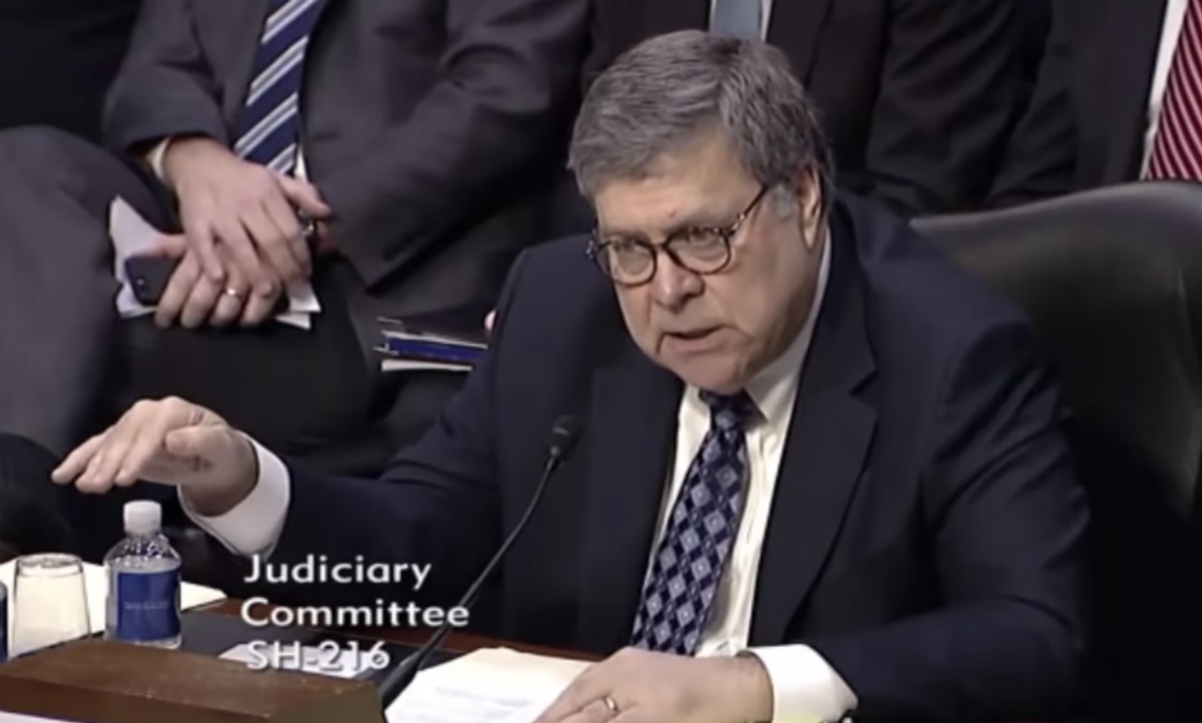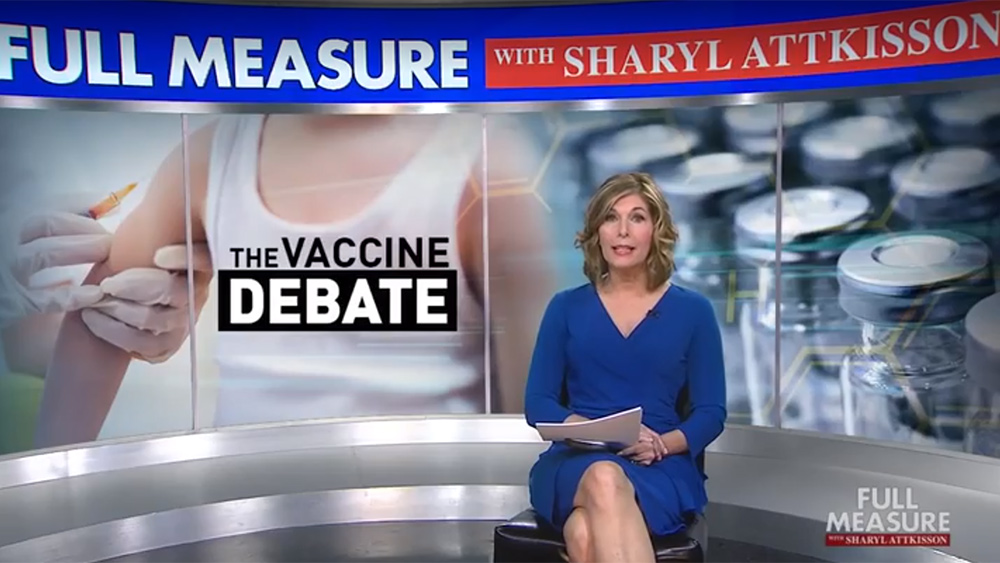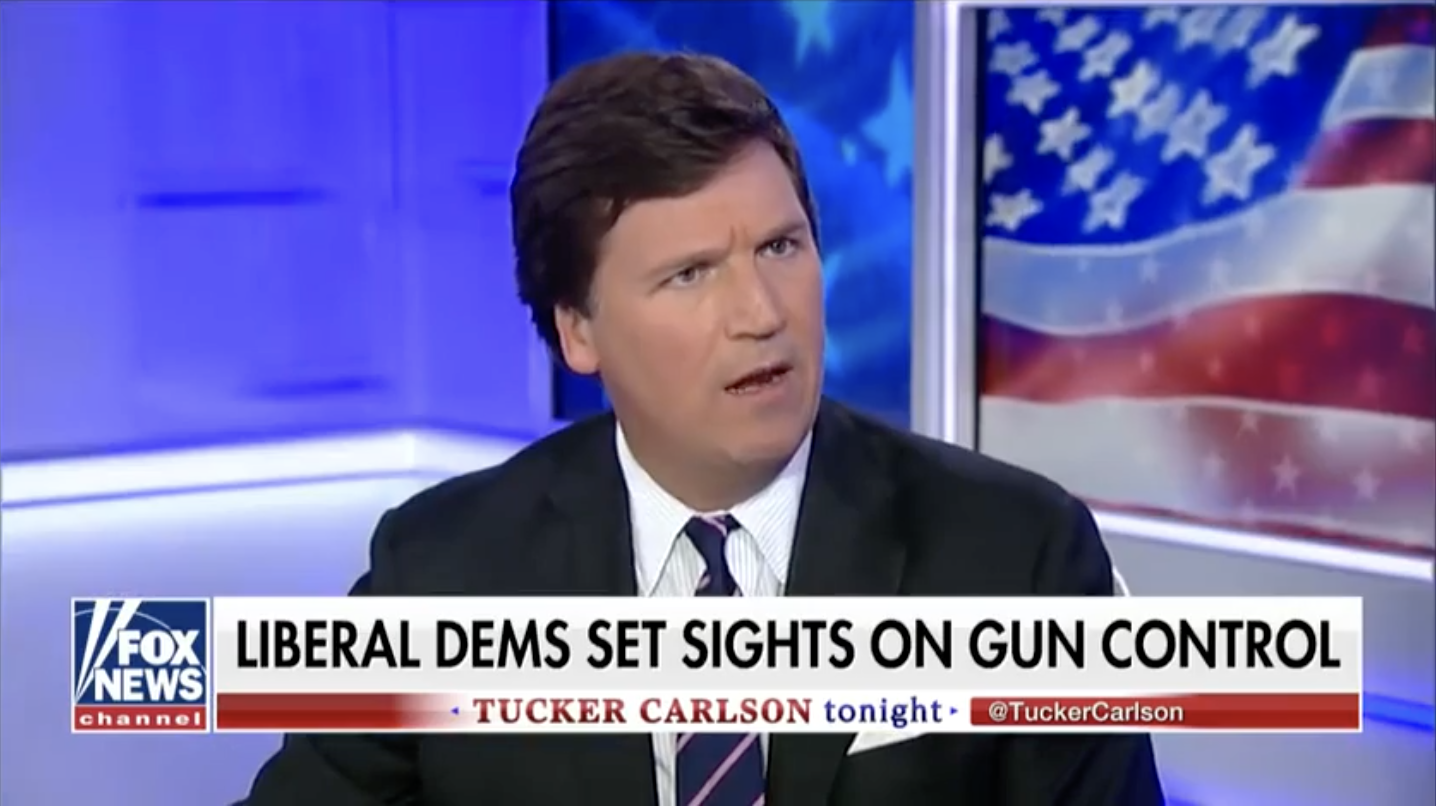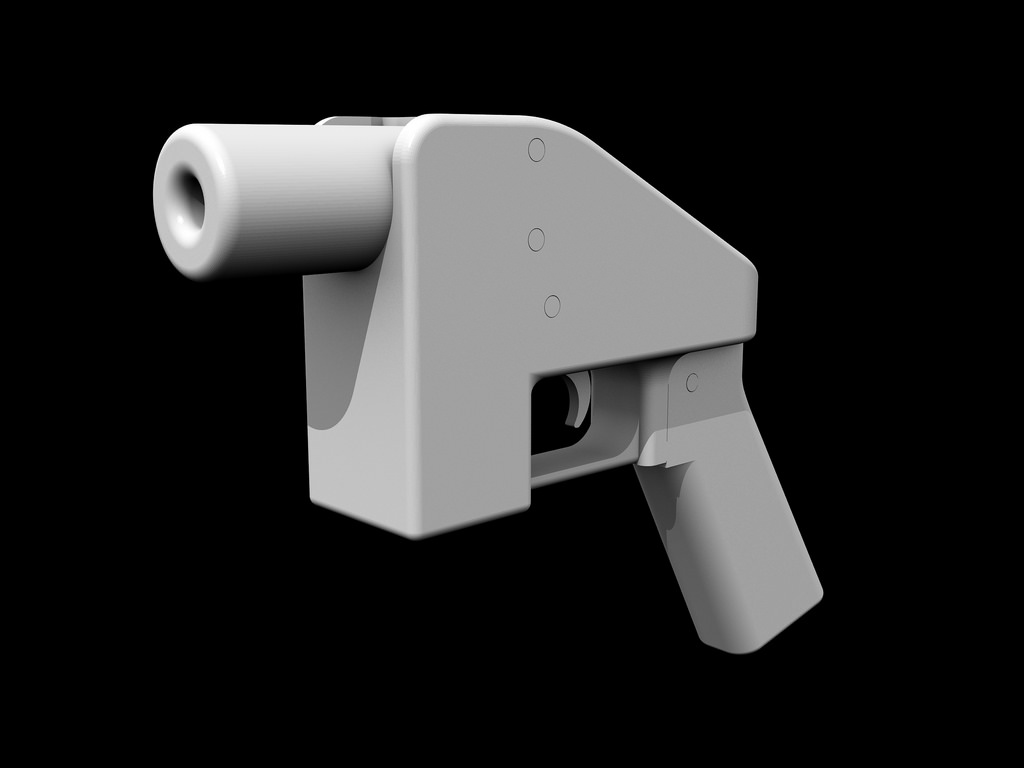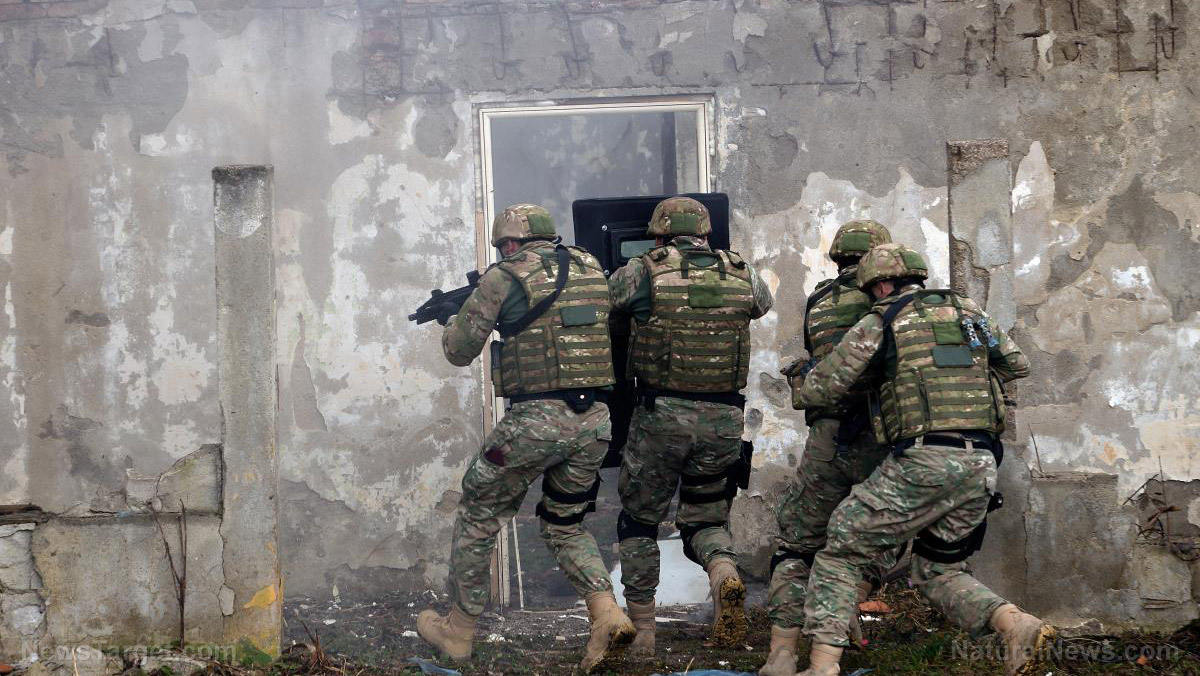Pharmaceutical manufacturers resist responsibility for collection efforts
11/03/2016 / By resistnews

Pharmaceutical industry representatives have resisted efforts to create safe, convenient ways for residents to dispose of unused drugs, leading to poisonings and overdoses, Los Angeles County’s top health official said Tuesday.
Article by Debbie L. Skar
After working for months to implement the board’s plan for an educational campaign and “take-back” events, Dr. Jeffrey Gunzenhauser said county staffers were at an impasse with industry reps.
Asked by Supervisor Hilda Solis to give the industry a grade, the county’s interim health officer said, “If I had to pick one, it’d be an F.”
The industry is unwilling to run take-back events, offering only to pay $200,000 to fund events run by the LA Sheriff’s Department, Gunzenhauser told the board.
But the Sheriff’s Department said it isn’t in a position to organize events and manage the collection of a multitude of medications.
Industry reps offered no back-up plan and failed to meet standards set for an educational campaign about disposal, Gunzenhauser said. He said the campaign continued to reference “in-home” disposal, which the board is trying to stop.
Supervisor Hilda Solis said she was frustrated.
“We’ve wasted a lot of time … people are dying,” Solis said. It’s time that we really start to hold some people responsible.”
Industry representatives argued that they hadn’t been given sufficient time to find a solution and that the relationship with the Department of Public Health was an adversarial one.
Some raised concerns that the board would revert to an ordinance considered in June that would require manufacturers to carry out a take-back program, while Supervisor Don Knabe warned, They need to get back to the table.”
But agreement has been tough to reach. The county has long sought to strike a balance between advocates — who say 40 percent of all medications go unused and are helping to fuel an epidemic of prescription drug addiction — and pharmaceutical industry representatives, who say take-back programs are too costly and inefficient.
The one bright spot in the Department of Public Health report to the board was a take-back program operated by Walgreens.
Nationally, the drugstore chain has collected 10 tons of unused or unwanted meds through October, according to Gunzenhauser.
It has seven kiosks in Los Angeles County, and 749 pounds had been collected through July.
“Their kiosks are being overwhelmed,” said Coby Skye, assistant division chief for Public Works.
But Skye was optimistic about getting other pharmacies to comply with a take-back ordinance. Of the 1,800 pharmacies in the county, only 250 to 300 would need to sign up to allow for convenient resident drop-off, Skye said.
There was no specific motion before the board Tuesday and no immediate action was taken.
Nearly 75 percent of prescription drug abusers get their drugs from relatives and friends, according to the county’s Department of Public Health. Of the 8,265 drug-related deaths in the county from 2000-09, 61 percent involved a commonly abused prescription or over-the-counter drug.
The number of drug overdose deaths now outpace deaths from motor vehicle accidents and firearms, according to the U.S. Drug Enforcement Administration. An increasing share of those deaths are from prescription opioids such as oxycodone, hydrocodone and codeine.
And the issues go beyond addiction. Medications end up being flushed down toilets, leaving traces in the water supply, and syringes are thrown into trash cans and cause injuries.
Supervisor Sheila Kuehl said she did not believe the industry was committed to solving the problem.
“They’re too busy spending $109 million to defeat Prop 61,” Kuehl said, referencing a measure on this month’s ballot that would prohibit the state from buying prescription drugs at any price in excess of the lowest price negotiated by the Department of Veterans Affairs.
—City News Service
Read more at: mynewsla.com
Tagged Under: Big Pharma, health, Medicine




